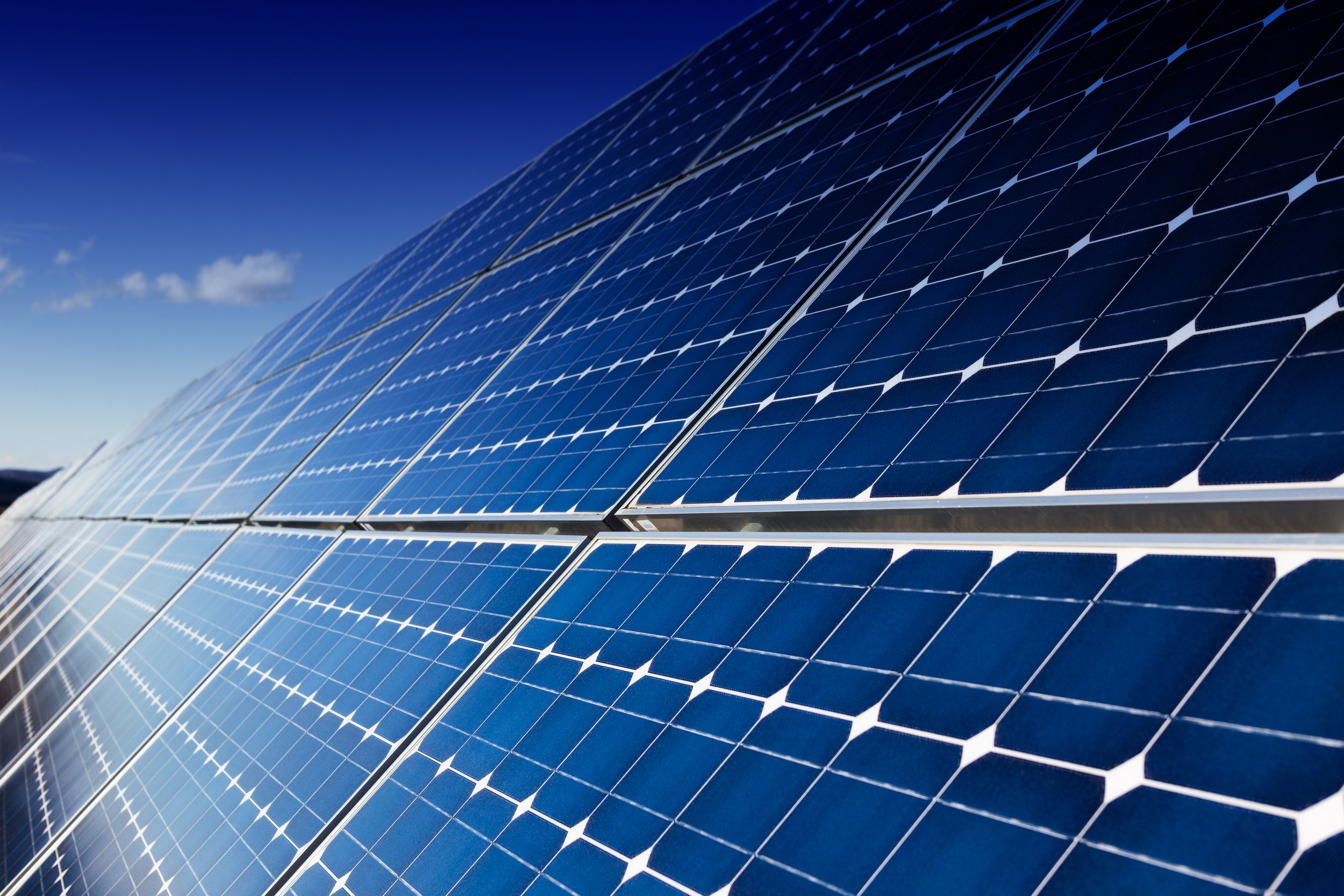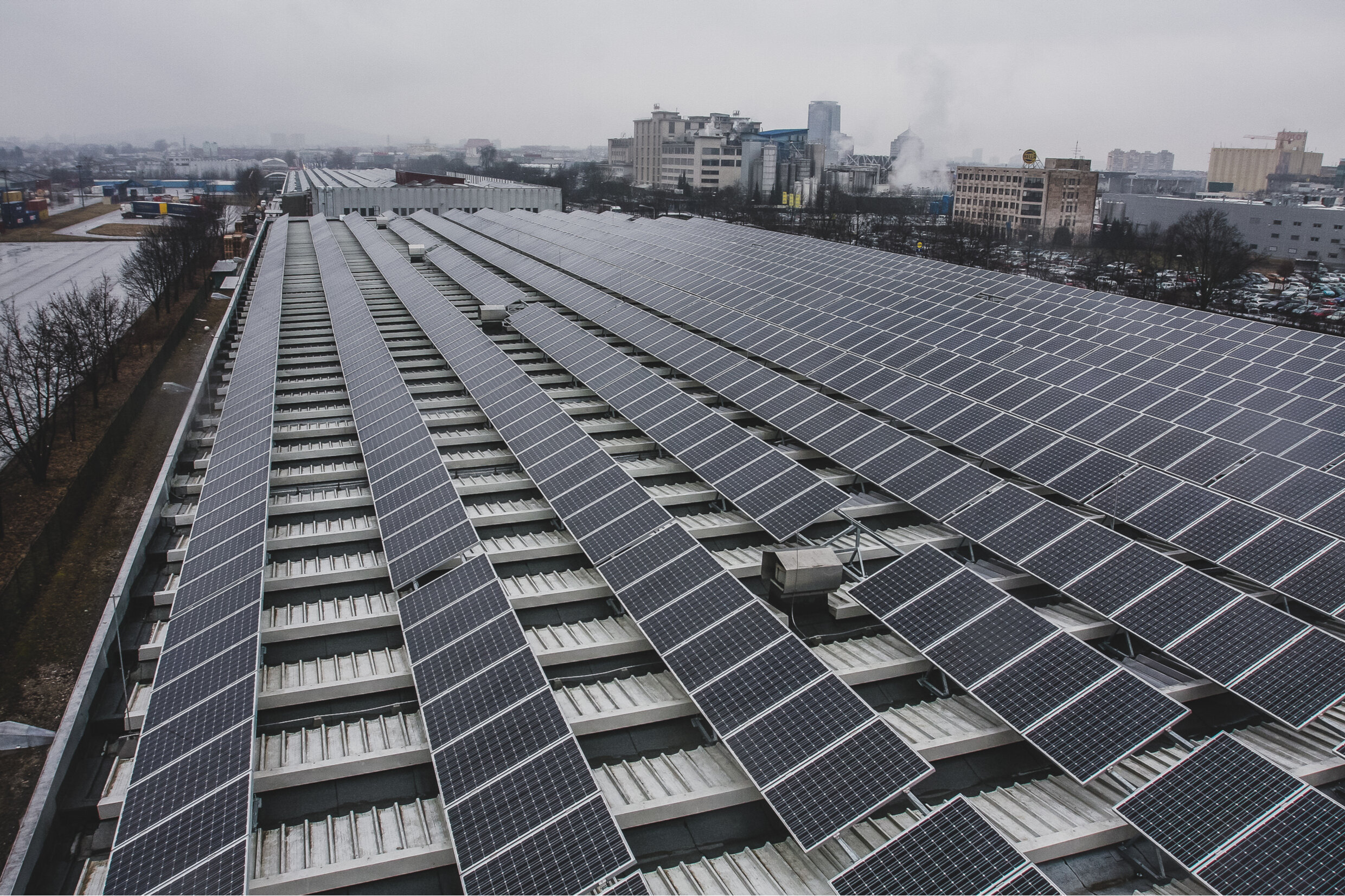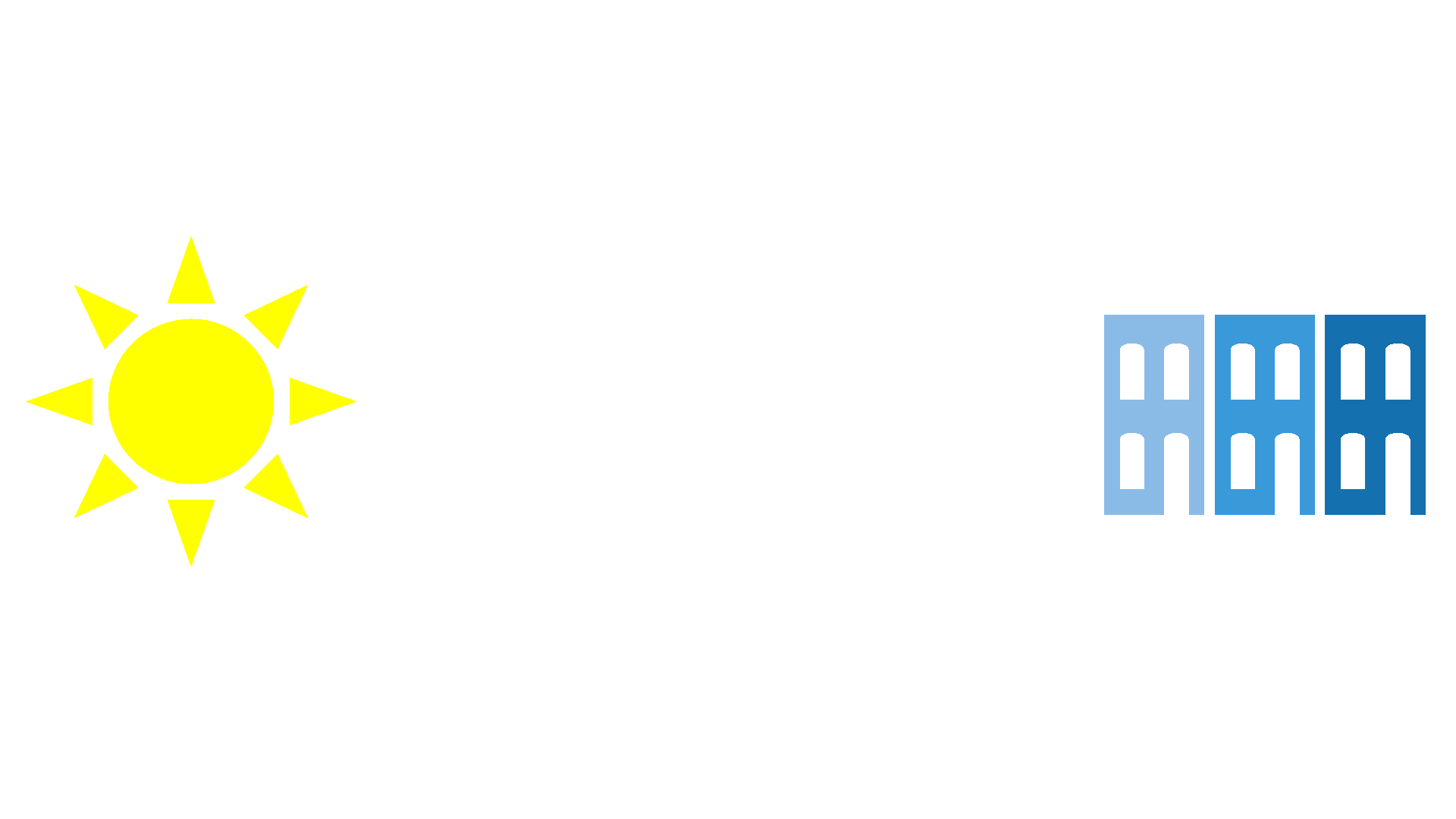
All households should have access to the benefits of solar power.
Our mission is to reduce the energy burden of Maryland’s financially vulnerable households through access to discounted clean energy via community solar.
The Climate Access Fund (CAF) is a statewide, nonprofit green bank located in Maryland. CAF offers the following:
Financing
CAF’s financing has attractive terms and is available for community solar developers and project owners seeking to maximize benefits to low-to-moderate (LMI) income households.
Project Origination
As the private market shifts toward developing community solar projects that meaningfully benefit LMI households, CAF accelerates the development of community solar projects on Maryland’s rooftops, parking lots, and brownfields through project origination, development and financing. At least 50% of the energy generated by our “Solar4Us” projects is reserved for LMI households who receive a 20 - 25% discount on their electricity costs when subscribed to our projects. CAF aims to transfer long-term ownership of our projects to community-based organizations and/or local governments.
Advocacy
CAF advocates for clean energy policies that benefit historically disinvested communities in Maryland.

What is Community Solar?
Community solar allows households who cannot install solar on their own rooftops– those who do not own their own homes, who do not have upfront capital, or have inadequate roofs– to subscribe to commercial-scale solar projects located elsewhere. The generated energy allows for subscribers to purchase their electricity at a discounted rate. Through the Climate Access Fund’s projects, low-to-moderate income households can receive 20 - 25% off their electricity costs.
What is Energy Burden?
Energy burden is the percentage of gross household income spent on energy costs.
The energy burden of low-income households in Maryland is more than 6x higher than that of non-low-income households, and ranges from 4x to 21x, according to the Maryland Office of People’s Counsel.
According to the US Department of Energy, low-income households across the US represented just 15% of solar PV adoptions between 2010 and 2018, in part because 59% of low-income households are renters and cannot install solar on their rooftops.
Community solar allows low- to moderate-income (“LMI”) households to reduce both their energy burden and their carbon footprint.

Get Involved.
As we work to address climate change and environmental justice, one solar household at a time, we welcome your partnership.




